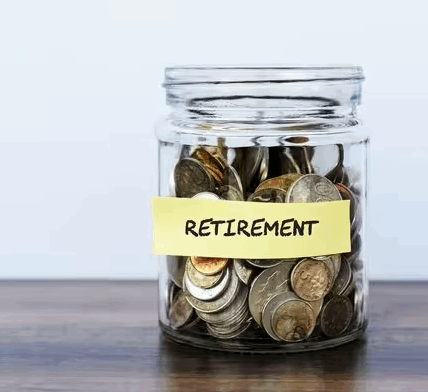Older people may be among the hardest hit by the rumoured Autumn Budget measures.
Pensioners could be hit with a major tax hike under plans reportedly being considered by Chancellor Rachel Reeves. New analysis shows older people may be among the hardest hit by the rumoured Autumn Budget measures, which include increasing income tax rates and cutting National Insurance by two percentage points.
Because pensioners don’t pay National Insurance, they would feel the full effect of the income tax hike, without benefiting from the NI cut. It means a pensioner with a retirement income of £35,000 would pay nearly £450 more in tax every year, while someone with a higher income of £65,000 could face a £1,049 bill, according to figures from investment platform AJ Bell.

Rachel Reeves will deliver her budget on November 26 (Image: Getty)
Tom Selby, the director of public policy at AJ Bell, said: “While this would be a clear breach of Labour’s promise not to raise income tax rates, Reeves could still claim to be protecting the pay packets of ‘working people’ because a similar NI cut would effectively cancel out the impact for employees and the self-employed, assuming it is applied across the board.
“This would not be the case for retirees, who are not subject to NI and so would be clobbered under the plans.”
He added: “Someone with a taxable retirement income of £35,000 would face a tax hike of almost £450, while a pensioner with an income of £65,000 would be stung with a tax increase of over £1,000.
“While hitting pensioners in the pocket will clearly be unpopular, particularly in the wake of the Winter Fuel Payment fiasco, it may be viewed as the least bad option to raise a chunk of the tens of billions of pounds the chancellor needs to balance the books.”
The changes would likely spare workers, who would see the income tax rise cancelled out by the NI cut.
An employee or self-employed person earning £35,000, around the UK average salary, would see no change in their overall tax bill.
Mr Selby said: “Labour’s pledge not to increase rates of income tax, National Insurance or VAT for ‘working people’ has left chancellor Rachel Reeves playing mental gymnastics in her increasingly desperate attempts to balance the books without completely abandoning the manifesto commitments Sir Keir Starmer was elected on.
“This contortionist act now appears to be circling the idea of a ‘two up, two down’ shift in income tax and National Insurance rates.”
However, there are concerns the self-employed could also be hit. Currently, they pay a lower NI rate than employees, but that could change if the government decides to equalise the rates.
Mr Selby said: “Depending on her desperation for extra cash and willingness to take political pain, Reeves could go even further by equalising the NI rates paid by employees and the self-employed.
“This is something pensions minister Torsten Bell, an increasingly influential figure in government, previously advocated at the Resolution Foundation before entering Parliament.”

A pensioner with a retirement income of £35,000 would pay nearly £450 more in tax (Image: Getty)
The Treasury has refused to comment on the reports, saying: “We do not comment on speculation around future changes to tax policy outside of fiscal events.
“We are committed to supporting pensioners. Thanks to our commitment to the Triple Lock, millions will see their pension rise by up to £1,900 this parliament.”
The rumoured tax changes come as fears grow over other possible pension reforms.
According to some reports, the Chancellor is also considering changes to pension tax relief, the tax-free cash lump sum, and salary sacrifice schemes, all of which could reduce the amount people can save tax-free for retirement.
Rachel Reeves will deliver her full Budget on November 26.

